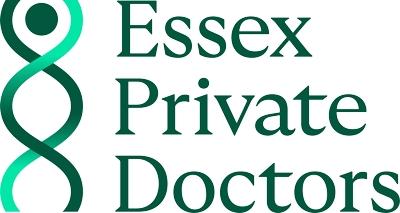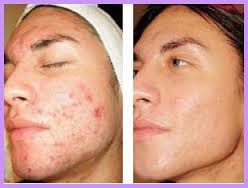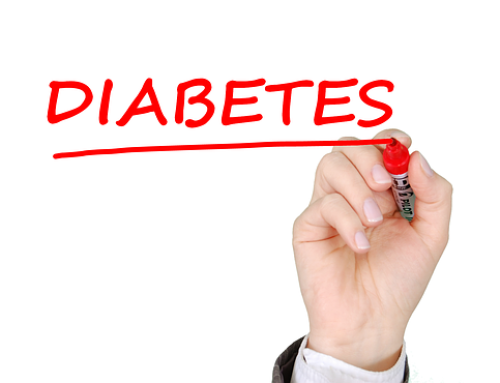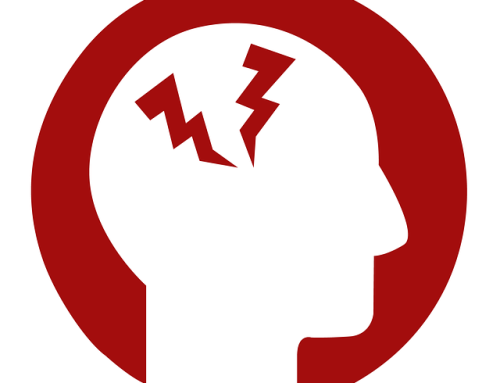TYPES OF ACNE SCARS AND HOW TO TREAT THEM
Acne can occur at any age and as if acne wasn’t bad enough, your annoying pimples can turn into scars that last a lifetime. These scars can come in all different shapes and sizes depending on the type of acne you have and how the scarring occurs. And no matter how careful you treat your acne, you can sadly still end up with acne scars.
Thankfully, there is some good news when it comes to acne scars using a range of treatments available here at the Dr Athreya clinic at Essex Private Doctors. You can diminish their appearance with a variety of different cosmetic treatments to get your face looking clear again. Here are the different types of acne scars and how you can best treat each of them.
TYPES OF ACNE SCARS:
Sunken or Depressed Acne Scars
If you get inflammatory acne in the same area over and over again, it’s likely that you’ll develop sunken or depressed acne scars. Though unpleasant, these scars are very common and include the following types.
- Ice Pick Acne Scars
These acne scars look exactly how they sound: like deep and narrow holes that appear as if your skin has been stabbed by an ice pick.
- Rolling Acne Scars
Again, the name of this type of acne scar hints at its appearance: a wave-like texture on the skin that becomes more noticeable over time.
- Boxcar Acne Scars
Though Boxcar Acne Scars are wider than their Ice Pick counterparts, they also are steep depressions. Generally, they are oval and can range from being superficial to severe.
Treatment Options for Sunken or Depressed Ace Scars: Chemical peels and microdermabrasion can be used to improve the appearance of depressed acne scars that are near the surface of your skin with little to no downtime. For scars that cover a small area, cosmetic fillers can fill up the depression, improving its appearance.
Finally, a variety of laser treatments can be used to diminish your scar, including laser resurfacing and intense pulsed light (IPL) are some of the most popular laser treatment options today. You will want to talk to your cosmetic doctor to find out what is best for you.
Raised Acne Scars
Raised acne scars are less common than depressed ones and can be even more prominent. The two primary types of raised acne scars are Hypertrophic and Keloid scars.
- Hypertrophic Acne Scars
Unlike depressed scars, hypertrophic scars form when excess scar tissue fills the injury site. This causes the skin in that area to be raised. This raised skin may or may not fade over time. Hypertrophic scars are most commonly caused by torso acne, especially in men.
- Keloid Acne Scars
Like hypertrophic scars, keloids form as a result of excess scar tissue, but are even denser and bigger.
Treatment Options for Raised Acne Scars: Dr. Dayan created an exclusive injection therapy designed specifically to treat raised scars as effectively as possible. The scar therapy uses a unique blend of Botox, K10 and 5FU mixed together in a defined ratio to allow for prolonged scar dormancy.
Pigmentation and Discoloration Acne Scarring
Oftentimes, acne scarring doesn’t come in the form of a depressed or raised mark on your skin. Rather, your acne damage causes permanent discoloration on your face. These may appear as blotches, freckle-like marks, light pink spots, or red areas on your face. No matter what it looks like, discoloration is not fun to see in the mirror.
Treatment Options for Discoloration Scarring: Laser treatments can help diminish pigmentation issues and even out the color on your face. It requires little to no downtime and can be used to treat this type of acne scarring on most areas of your body in a safe and precise manner.
If your skin discoloration is superficial, Microdermabrasion may be an effective treatment. Prescription medicine, such as hydroquinolone and topical retinoids, has also been used to treat pigmentation, though lasers tend to be faster and more efficient.
Chemical Peels are also a great way to deal with scarring along with a course of Dermapen treatments and professional skin care.
Call us to book in for a consultation on 01277 201001 or email Dr Athreya and his team at [email protected]





